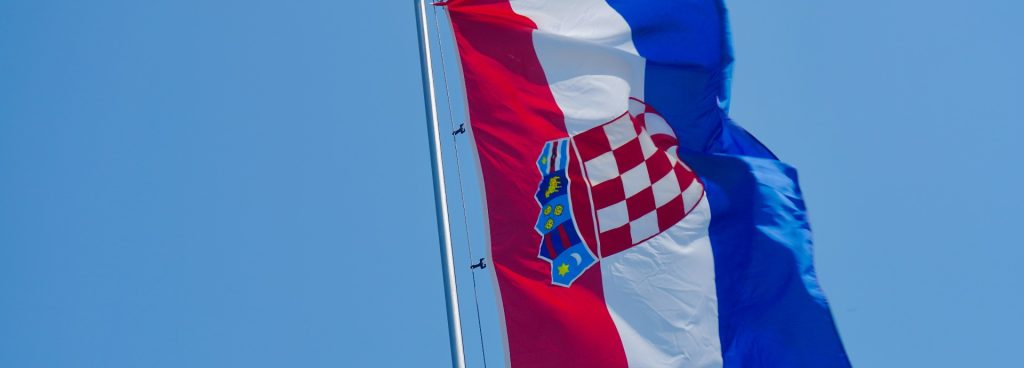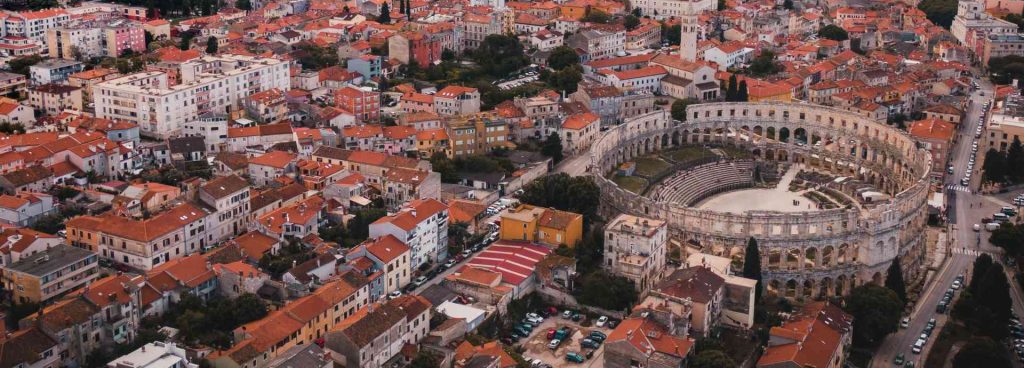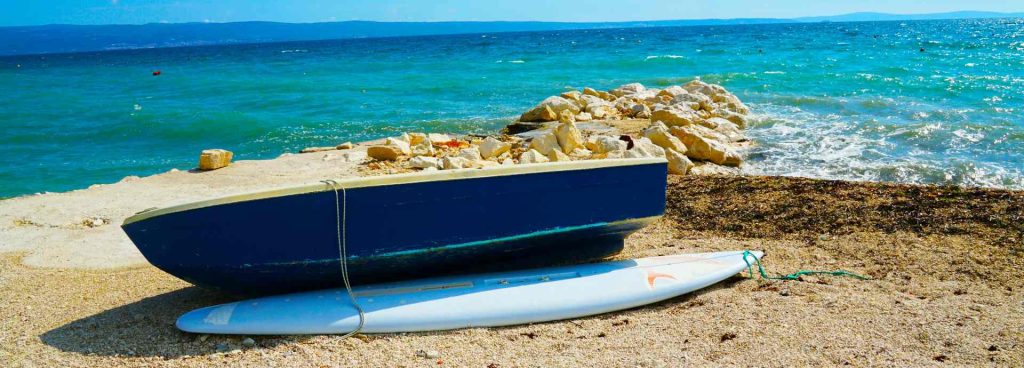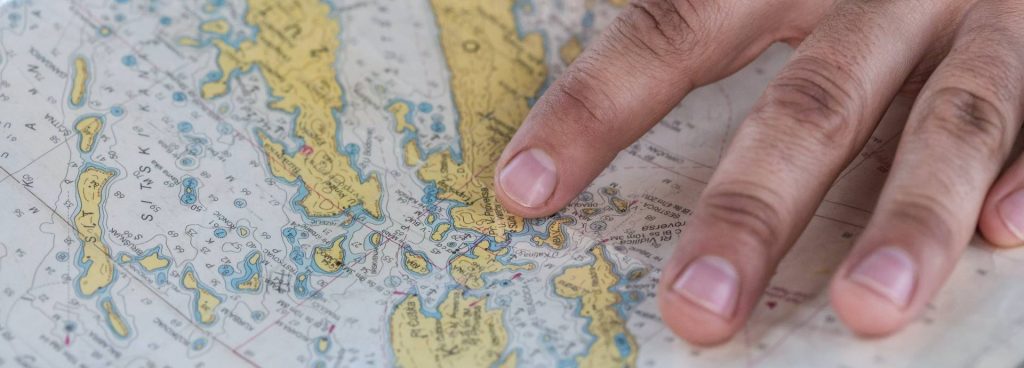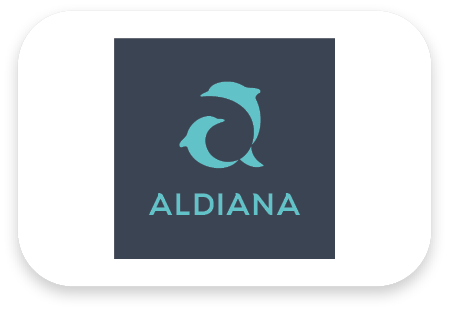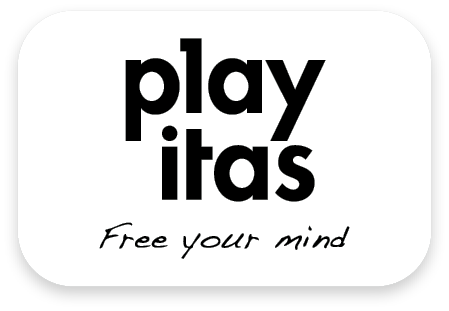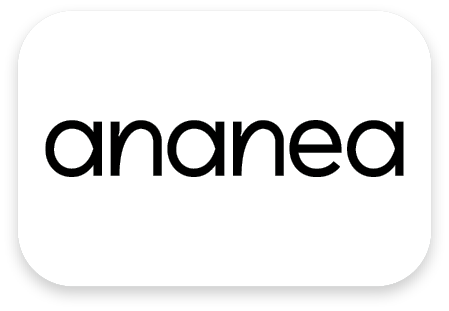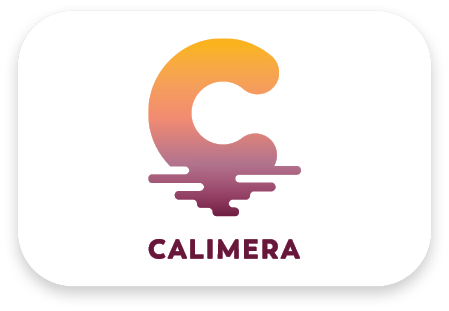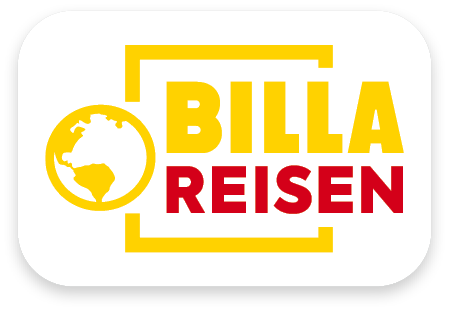Croatia lies between Eastern and Western Europe and has been used as a transit country for centuries. The country has always been a point of contact for different cultures. Its history is therefore shaped by a variety of influences. The history of Croatia is almost as old as the history of mankind. In prehistoric times, the Illyrians inhabited the region.
In the year 35 BC Octavian (later Emperor Augustus) incorporated the country into the Roman province of Pannonia.
In the 7th century it was conquered by Slavic tribes.
In the 10th century Prince Tomislav (King from 924) made Croatia independent. The Venetians conquered the coastal area. The Italian influence is still visible in the architecture there today.
In the 16th and 17th centuries Croatia was conquered by the Turks on the territory of today's Bosnia. The coastal areas and islands remained under Venetian rule.
In the year 1699 Croatia fell under Austrian rule and stood from 1779 under Hungarian administration.
Under the influence of the French Revolution (1789) formed a national movement. After the French Revolution, most of the country was annexed to Hungary.
After that, the national movement fought against Budapest until the country 1868 limited autonomy was granted.
In the first World War Croatia decided to join a Yugoslav kingdom led by the Serbian dynasty.
After the Second World War Croatia became part of the Socialist Republic of Yugoslavia under Tito. After Tito's death, the first reform movements in Croatia culminated in the founding of the Croatian Democratic Community (HDZ), which entered the multi-party government with 67,5% and elected Tuđman as its president. With President Tuđman, Croatia had the support of the government in its quest for independence, but this was answered by the central government of Belgrade with violent attacks from the people's army.
1991 the Croats declared their independence, which was recognized by all states. Nevertheless, the wars of independence against Serbia continued until November 1995 the agreement was signed.
After the request of 2003 Long accession negotiations between 2005 and 2011 followed for full EU membership.
2011 the accession treaty was then signed by the European Council, whereupon this was also confirmed with a 2/3 majority in the Croatian Parliament and Croatia since 01.07.2013. is a member country of the European Union.

